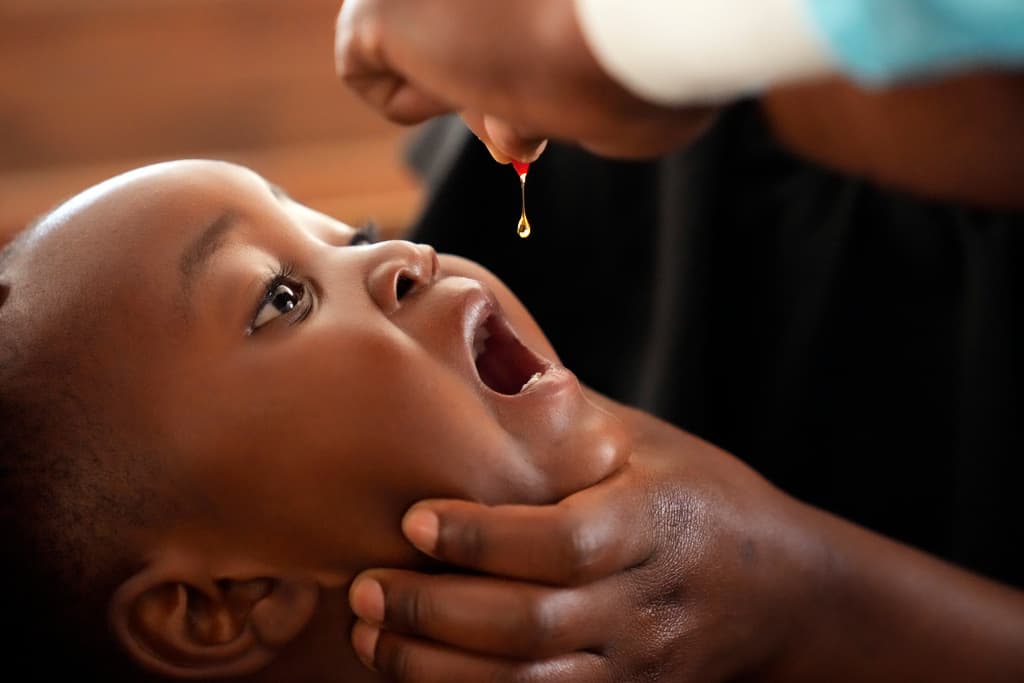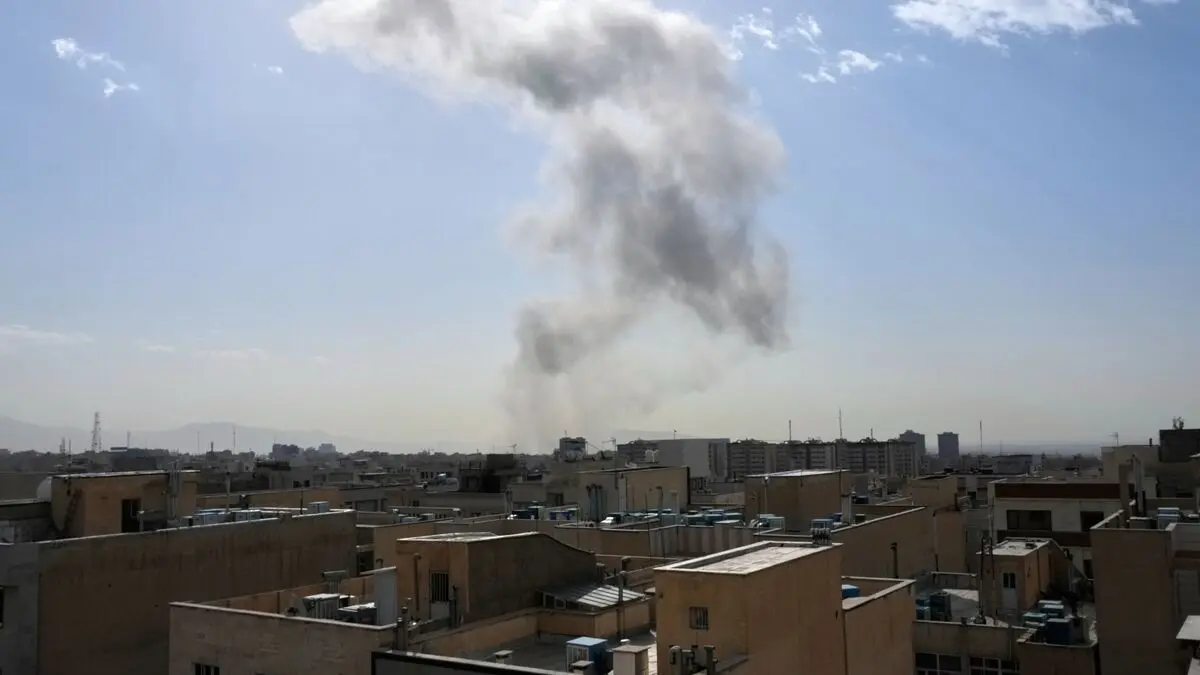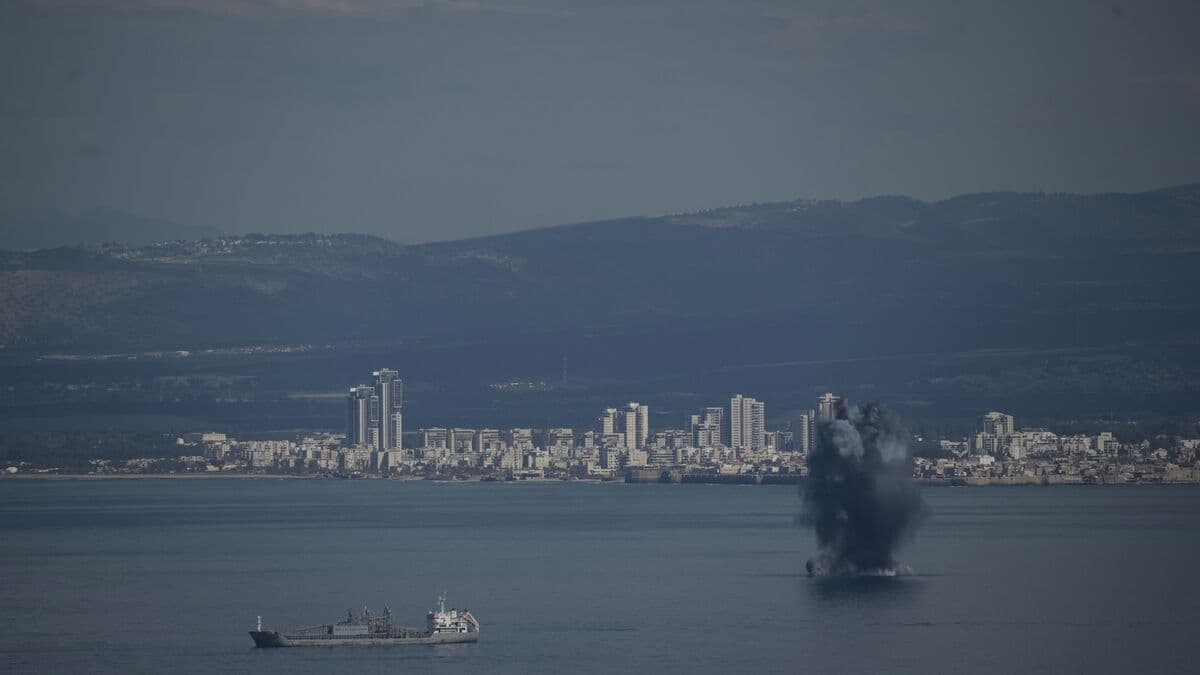Nearly 35 million children worldwide lack adequate protection against measles, according to WHO. Only four out of five children receive the first dose of measles vaccine – far below the coverage required to prevent outbreaks.
Measles outbreaks are like canaries in a coal mine and show the gaps in vaccination programs, says WHO's Director-General Tedros Adhanom Ghebreyesus.
More than a hundred countries have been affected by measles outbreaks since 2019. The relatively low vaccination rate among children is the main reason for the disease to break out, writes WHO in a press release.
A vaccination coverage of 95 percent is required to prevent outbreaks of the highly contagious disease. However, in countries where three-quarters of the world's children live, only about 80 percent are vaccinated. More than half of the unvaccinated children live in conflict-affected areas or countries with limited access to healthcare.
Many children also lack protection against diphtheria, tetanus, and whooping cough, writes WHO.
This is a problem that can be solved. Measles vaccine is cheap and can be distributed even to hard-to-reach places. WHO will help countries to fill the gaps and protect the most vulnerable children as quickly as possible, says Ghebreyesus.






